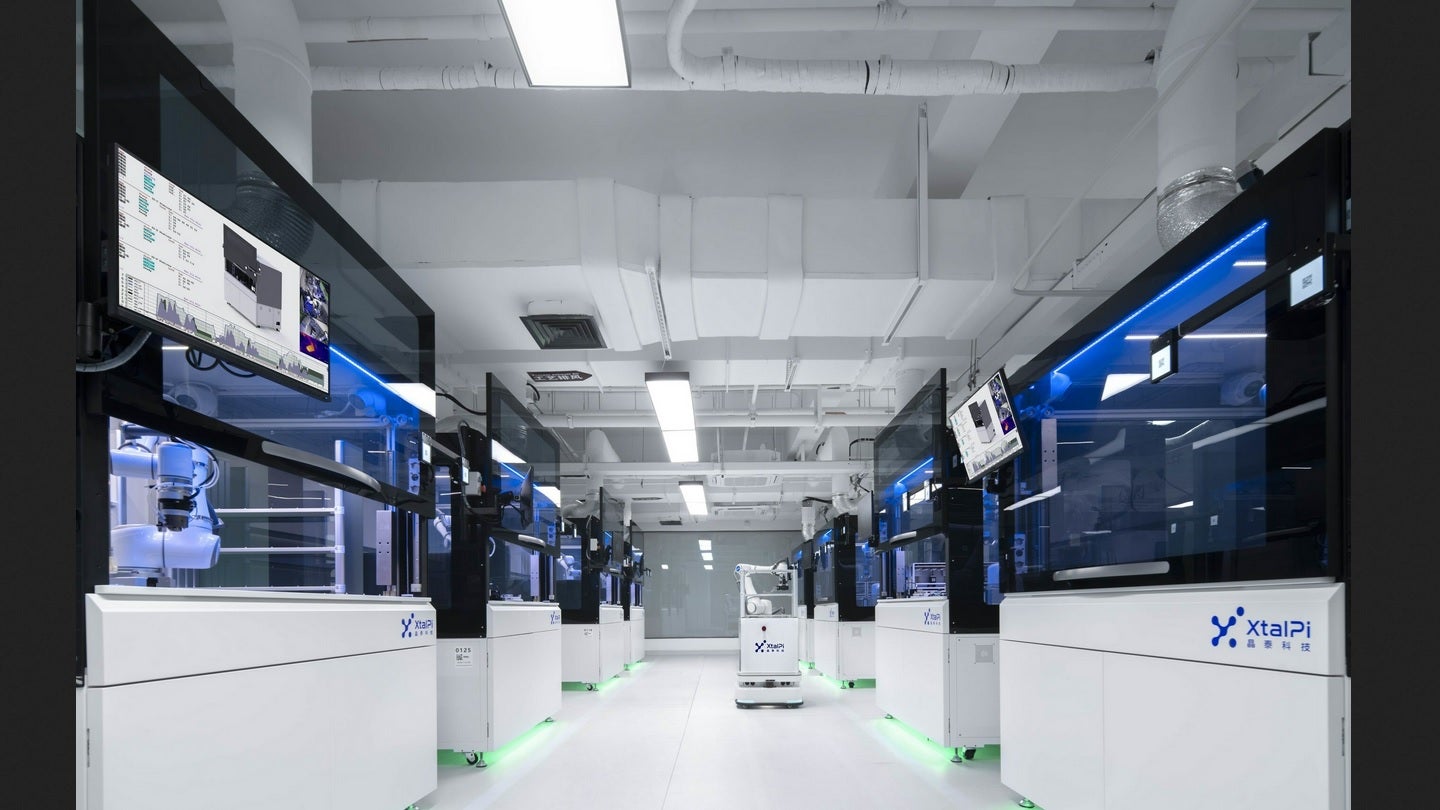Eli Lilly Announces Milestones In Als Collaboration With Verge.
.jpg?download=1)
Indianapolis, IN – Eli Lilly and Company and Verge Genomics, Inc. have announced significant progress in their collaborative efforts to identify and validate novel drug targets for amyotrophic lateral sclerosis (ALS). The partnership has reached key milestones, potentially accelerating the development of new therapies for this devastating neurodegenerative disease.
This collaboration, leveraging Verge’s AI-powered platform and Lilly’s extensive drug development expertise, aims to overcome the limitations of traditional drug discovery approaches in ALS, offering hope for more effective treatments. This urgent advancement addresses a critical unmet need in ALS therapy.
Collaboration Overview
The collaboration, initiated in 2021, combines Lilly’s neuroscience drug development capabilities with Verge’s CONVERGE™ platform. This platform integrates human genomics, transcriptomics, and clinical data to identify promising drug targets.
The primary goal is to discover and validate novel targets that address the complex genetic and biological underpinnings of ALS. The partnership emphasizes a data-driven approach to accelerate drug discovery.
Verge Genomics specializes in utilizing artificial intelligence and machine learning to analyze large datasets and pinpoint potential drug targets. Eli Lilly brings extensive expertise in drug development, clinical trials, and regulatory processes to the collaboration.
Key Milestones Achieved
The collaboration has achieved several significant milestones, including the identification and validation of multiple novel ALS drug targets. Preclinical studies are underway to assess the efficacy and safety of compounds targeting these pathways.
These milestones represent crucial steps towards developing new therapeutic interventions for ALS. The success of the initial phase has triggered further investment and expansion of the collaboration.
Specific details regarding the identified targets remain confidential to protect intellectual property and maintain a competitive advantage in the drug development landscape.
Data and Methods
Verge’s CONVERGE™ platform analyzed data from ALS patient biobanks, genomic databases, and clinical trial datasets to identify potential therapeutic targets. This involved integrating and analyzing various omics data (genomics, transcriptomics, proteomics) with clinical information.
The identified targets were then validated using in vitro and in vivo models of ALS. Lilly’s team conducted rigorous preclinical studies to assess the potential of these targets.
This data-driven approach aims to increase the probability of success in clinical trials by focusing on targets with strong biological rationale and genetic validation.
Preclinical Study Results
Preclinical studies have demonstrated promising results for several identified targets. Compounds targeting these pathways have shown improvements in motor function and neuronal survival in animal models of ALS.
Data from these studies support the potential of these targets to modify the disease course of ALS. Additional preclinical work is ongoing to optimize these compounds and prepare them for clinical testing.
Detailed results from preclinical studies will be presented at upcoming scientific conferences and published in peer-reviewed journals, according to representatives from both companies.
Statements from Leadership
“We are pleased with the progress of our collaboration with Verge Genomics and the identification of novel ALS targets,” said Dr. Michael Hutton, Vice President of Neuroscience Research & Development at Eli Lilly. “This partnership underscores our commitment to pursuing innovative approaches to address unmet medical needs in neurodegenerative diseases.”
“The milestones achieved in our collaboration with Lilly validate the power of our CONVERGE™ platform to accelerate drug discovery in complex diseases like ALS,” stated Alice Zhang, CEO and Co-founder of Verge Genomics. “We are excited to continue working with Lilly to advance these promising targets towards clinical development.”
Both Lilly and Verge emphasized the importance of collaborative efforts in tackling complex diseases like ALS, highlighting the synergy between their respective expertise.
Next Steps and Future Outlook
Building upon the progress to date, the collaboration will focus on advancing the most promising targets towards clinical trials. This includes further preclinical studies, compound optimization, and regulatory submissions.
The companies are also exploring additional targets and expanding the scope of the collaboration to address other aspects of ALS pathology. They are committed to bringing innovative therapies to patients affected by this devastating disease.
The ultimate goal is to develop disease-modifying therapies that can slow down or halt the progression of ALS and improve the quality of life for patients and their families. The timeline for clinical trials remains dependent on the success of ongoing preclinical studies.

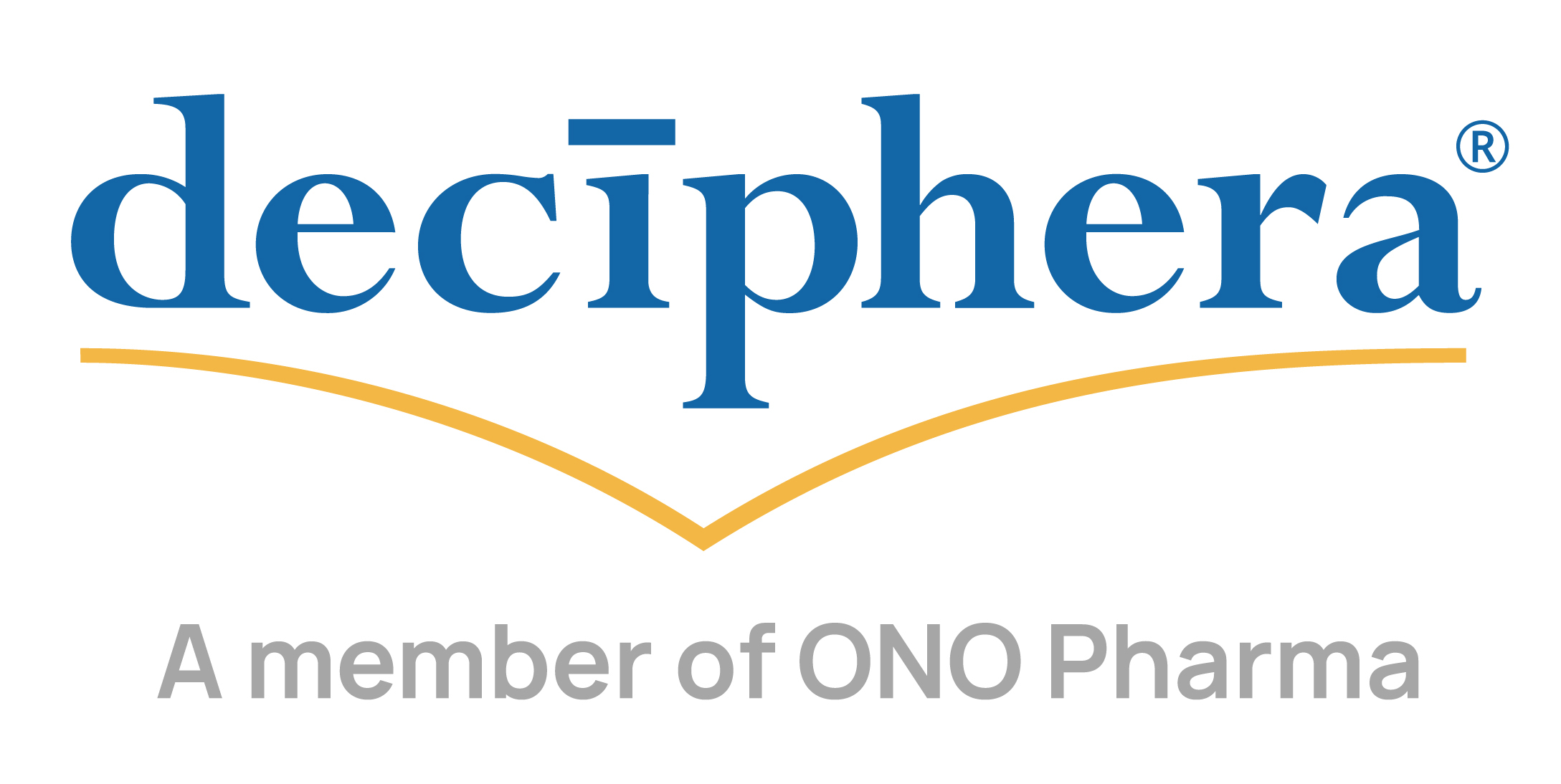


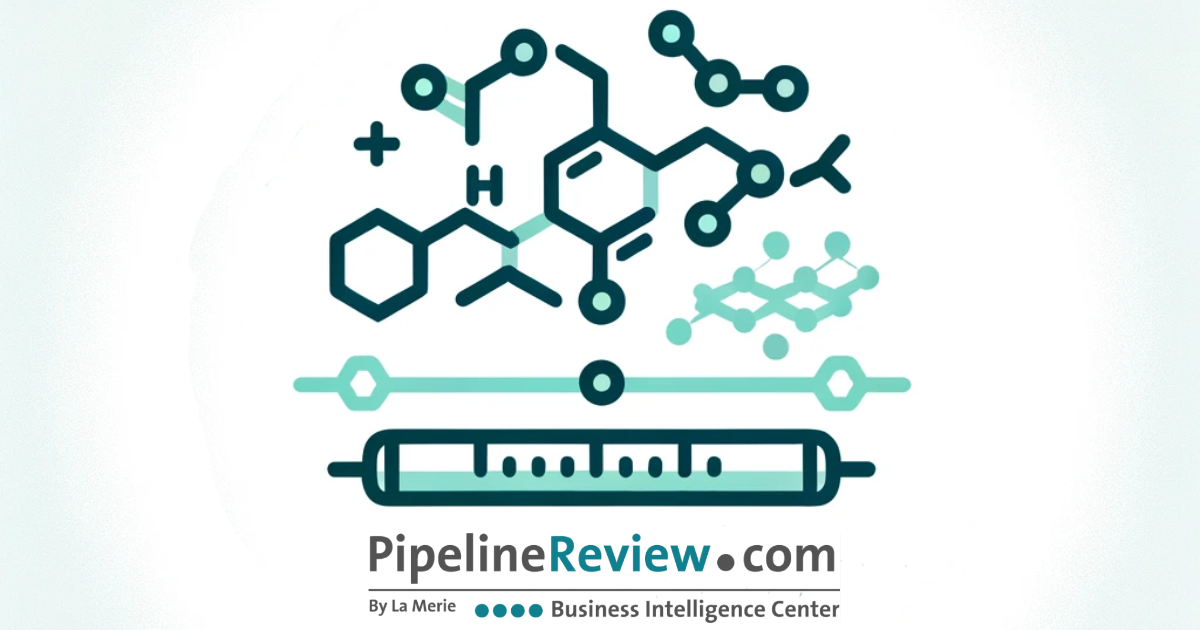

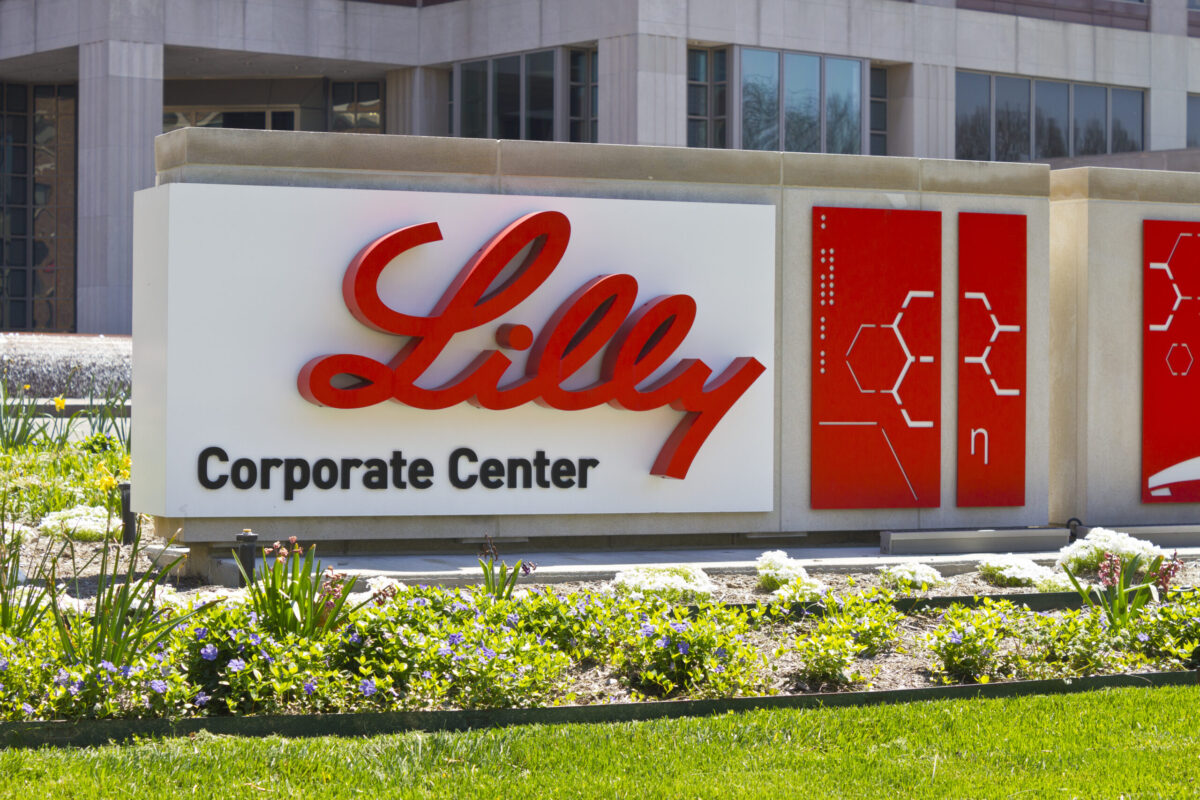
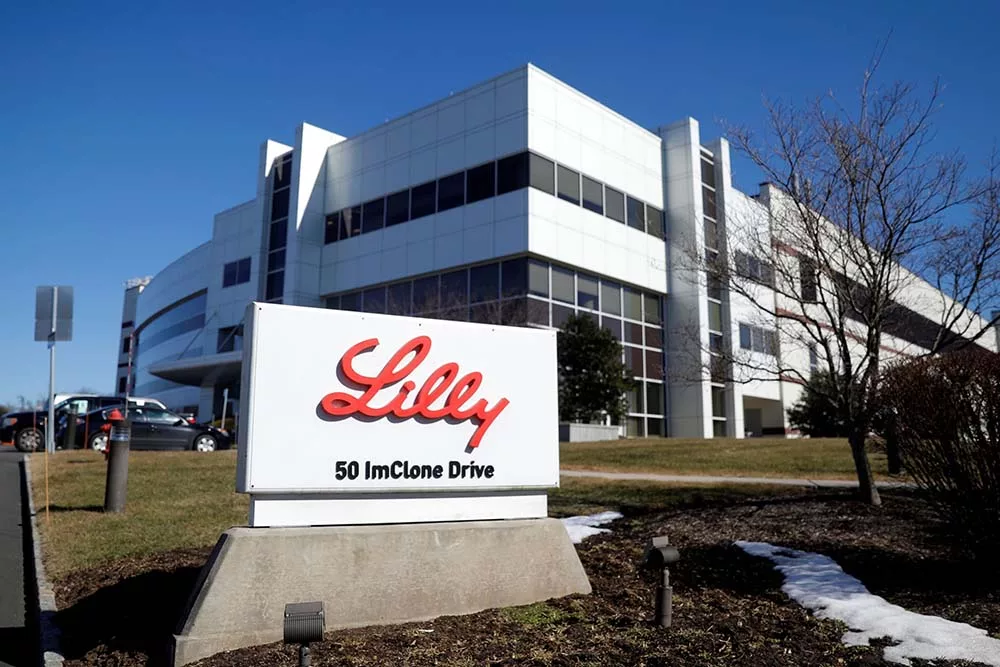


:max_bytes(150000):strip_icc()/GettyImages-1252633286-70c196e903dd480ca0c7abe7dc3f301b.jpg)





